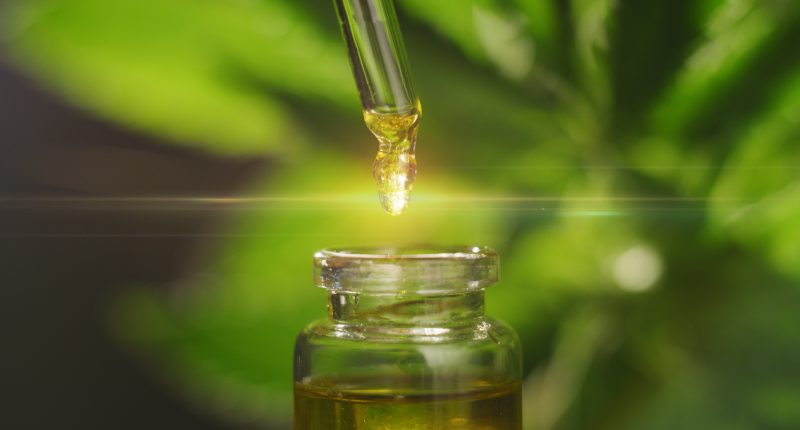- Innocan Pharma’s (INNO) CBD Loaded liposome platform technology receives positive results from recent animal study
- This study was led by Dr. Ahuva Cern, a senior researcher in the lab of Prof. Barenholz of The Hebrew University of Jerusalem
- These results are significant in comparison to oral or inhalation-based intake methods
- This unique liposome platform technology may have a wide range of applications, such as epilepsy, pain relief, inflammation and central nervous system disorders
- Innocan Pharma Corporation’s (INNO) is up 1.85 per cent and is trading at C$0.55 at 10:13 am ET
Innocan Pharma Corporation’s (INNO) study on mice demonstrated a prolonged release of cannabidiol into the mice’s bloodstream following two injections.
This study was led by Dr. Ahuva Cern, a senior researcher at The Hebrew University of Jerusalem.
These results are significant in comparison to oral or inhalation-based intake methods, in which CBD is found to remain in the bloodstream for a maximum period of 36 hours following a single dose.
These results open the door to a wide range of exciting therapeutic possibilities.
Innocan Israel, a wholly-owned subsidiary of Innocan, has entered into a worldwide exclusive research and license agreement with Yissum Research and Development Company, the commercial arm of The Hebrew University of Jerusalem, with respect to the design, preparation, characterization and evaluation of hydrogels containing CBD loaded liposomes.
The research and development initiative is led by Professor Chezy Barenholz, head of the Membrane and Liposome Research Department at The Hebrew University, which is the inventor of over fifty-five patent families, two of which underlie Doxil®, an FDA-approved drug for breast cancer treatment.
This unique liposome platform technology may have a wide range of applications, such as epilepsy, pain relief, inflammation and central nervous system disorders. A patent was filed covering this technology on October 7, 2019.
“I believe that the results of this animal study showing the prolonged release of CBD into the bloodstream is an extremely important milestone”, stated Professor Chezy Barenholz,
“The results can open a wide range of clinical applications that may allow for the maintenance of a certain level of CBD to remain in the blood for a longer period of time, thereby improving patient compliance,” added Barenholz.
Iris Bincovich InnoCan’s CEO added,
“We expect to release more details and data about these studies in the foreseeable future. This marks another positive and exciting result in our ongoing injectable-CBD research.”
“This major milestone for Innocan demonstrates the ability to have sustained release, in an effective way, of the CBD loaded into the LPT and its potential to address a number of conditions,” concluded Binovich.
Through Innocan’s wholly-owned Israeli subsidiary, Innocan Pharma Ltd. (“Innocan Israel”), is a pharmaceutical tech company that focuses on the development of several drug delivery platforms combining cannabidiol.
Innocan Pharma Corporation’s (INNO) is up 1.85 per cent and is trading at C$0.55 at 10:13 am ET.





